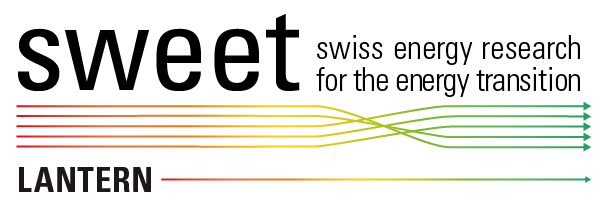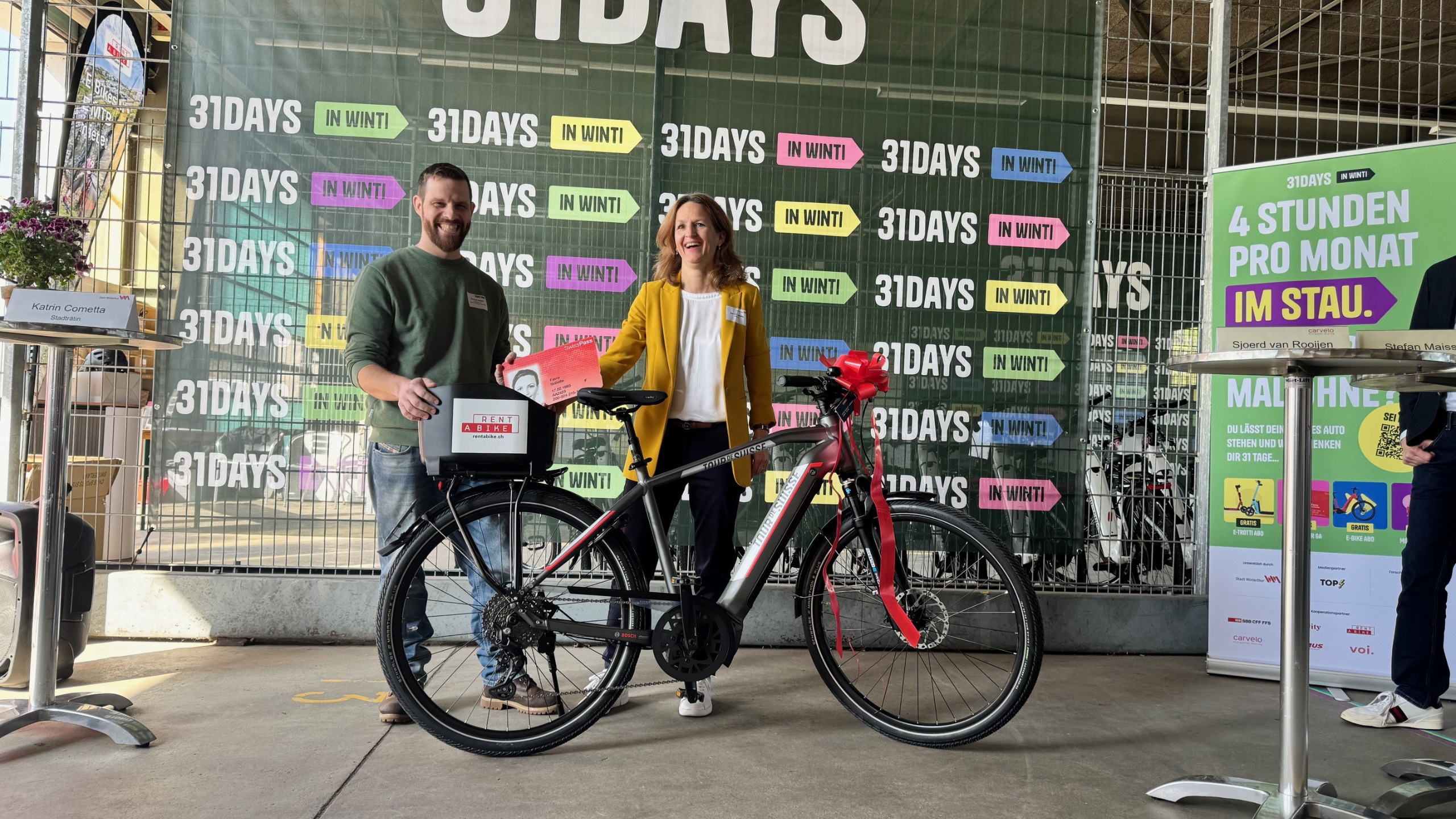Insights from the Winterthur
31DAYS Challenge
In Spring–Summer 2024, the Swiss city of Winterthur hosted an ambitious mobility trial: the 31DAYS Challenge, inviting residents to live car-free for one month. The initiative aimed to explore whether short-term exposure to alternative transport options can trigger lasting changes in mobility habits and car ownership.
Over 750 residents signed up to go car-free for a month. They got:
- a free e-bike;
- unlimited public transport access across Switzerland
- car-sharing subscription
In return? They promised to use their car as little as possible … ideally, not at all.
The 31DAYS Challenge goal is simple: help people break their car habits and discover how easy (and enjoyable!) life without a car can be. The initiators wanted to spark a shift toward more sustainable, multi-modal mobility and maybe even inspire citizens to sell their cars.
Our research work
The study used a “mixed-methods” research design, combiningquantitative surveys before and after the trial (257 respondents) and qualitative focus groups (43 participants). Researchers of the SWEET Lantern team (WP6, SUPSI and ZHAW) performed the quantitative analyses, while researchers of the ZHAW Institute of Linguistics (outside SWEET Lantern) performed the qualitative analyses.
Key results and highlights:
- 36% of participants reduced their intention to frequently use a car
2% of households became car-free right after the challenge.
Two months later, with the help of a CHF 3,000 incentive offered by the City of Winterthur, 13% had sold a car.
People reported using e-bikes, buses, and trains more often—and loving it.
Despite the promising shifts in car use intention, the trial did not lead to widespread changes in car ownership. Most participants still viewed the combination of public transport and e-bike ownership as complementary to car ownership, rather than substitutive.
Final thoughts
The Winterthur 31DAYS Challenge shows that even short-term trials can successfully influence mobility choices, particularly for people just beginning the shift toward car-free living. Still, lasting reductions in car ownership are likely to require longer-term measures, including supportive policies, financial incentives, and better infrastructure. Furthermore to maximize impact, future trials should involve a broader and more diverse group of participants.
Curious to give it a try? Start with just a week. You may be surprised at how little you miss your car!

